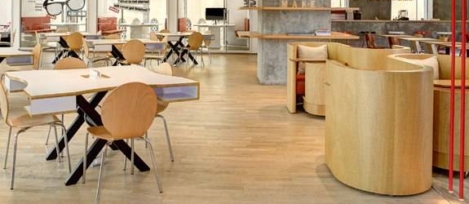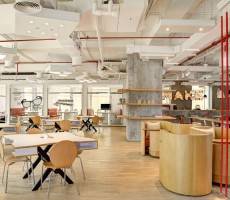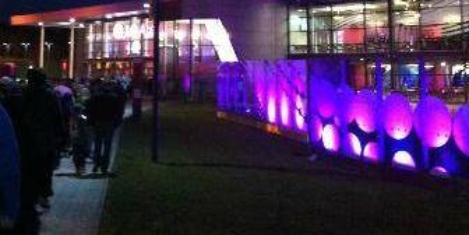July 1, 2015
Takeup of flexible working remains sluggish in UK SMEs claims Microsoft study
 It’s now one year since the UK Government extended the right to request flexible working to nearly all UK permanent employees. Two new surveys have been published to coincide with the anniversary and gauge the effects of the legislation. Both surveys, from EY and Microsoft UK, paint somewhat mixed pictures, with uptake considerably slower than might have been expected. The study by Microsoft, one of the UK’s great champions of flexible working, found that just 22 percent of workers in SMEs have requested flexible working as a direct result of the new legislation. The report also found that over half (55 percent) of British office workers are still required to work from the office during set working hours. A similar proportion (44 percent) claim it is not possible for them to work remotely under any circumstances.
It’s now one year since the UK Government extended the right to request flexible working to nearly all UK permanent employees. Two new surveys have been published to coincide with the anniversary and gauge the effects of the legislation. Both surveys, from EY and Microsoft UK, paint somewhat mixed pictures, with uptake considerably slower than might have been expected. The study by Microsoft, one of the UK’s great champions of flexible working, found that just 22 percent of workers in SMEs have requested flexible working as a direct result of the new legislation. The report also found that over half (55 percent) of British office workers are still required to work from the office during set working hours. A similar proportion (44 percent) claim it is not possible for them to work remotely under any circumstances.
























 TechNorth, the Manchester based technology hothouse devised as a regional counterbalance to London, is held in higher regard than the capital’s flagship TechCity development, according to research from recruitment firm Robert Half. The study of IT decision makers across the UK claims that the vast majority would prioritise working with Northern firms over their London counterparts, with 87 percent either ‘highly likely’ or ‘somewhat likely’ to place work with IT businesses in the TechNorth hub rather than those in TechCity London given the choice. The figure is 100 percent for IT leaders based in the North and to 95 percent for those in Scotland. More surprisingly, 80 percent of those based London and the South East said they would prioritise TechNorth, as did 75 percent in the South West and Wales.
TechNorth, the Manchester based technology hothouse devised as a regional counterbalance to London, is held in higher regard than the capital’s flagship TechCity development, according to research from recruitment firm Robert Half. The study of IT decision makers across the UK claims that the vast majority would prioritise working with Northern firms over their London counterparts, with 87 percent either ‘highly likely’ or ‘somewhat likely’ to place work with IT businesses in the TechNorth hub rather than those in TechCity London given the choice. The figure is 100 percent for IT leaders based in the North and to 95 percent for those in Scotland. More surprisingly, 80 percent of those based London and the South East said they would prioritise TechNorth, as did 75 percent in the South West and Wales.







June 30, 2015
Settings, silence, serendipity, wellbeing and other lessons from Neocon
by Paul Goodchild • Comment, Events, Furniture, Workplace design
(more…)